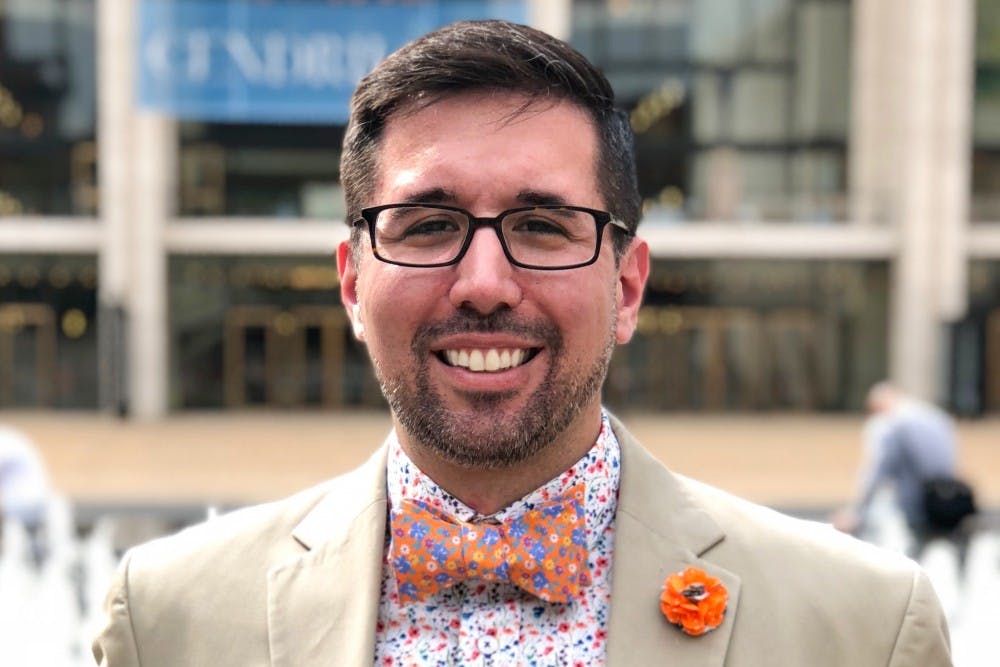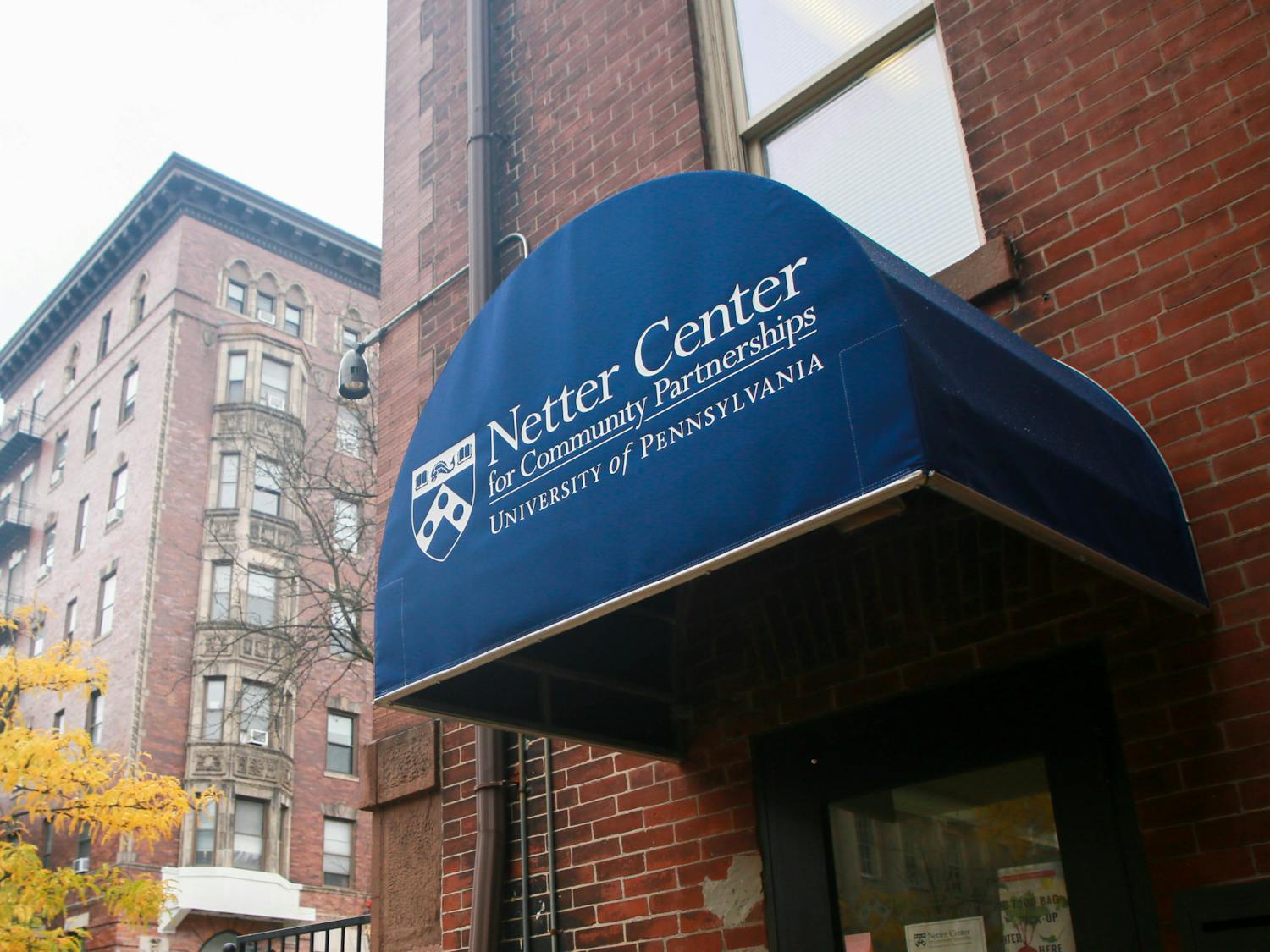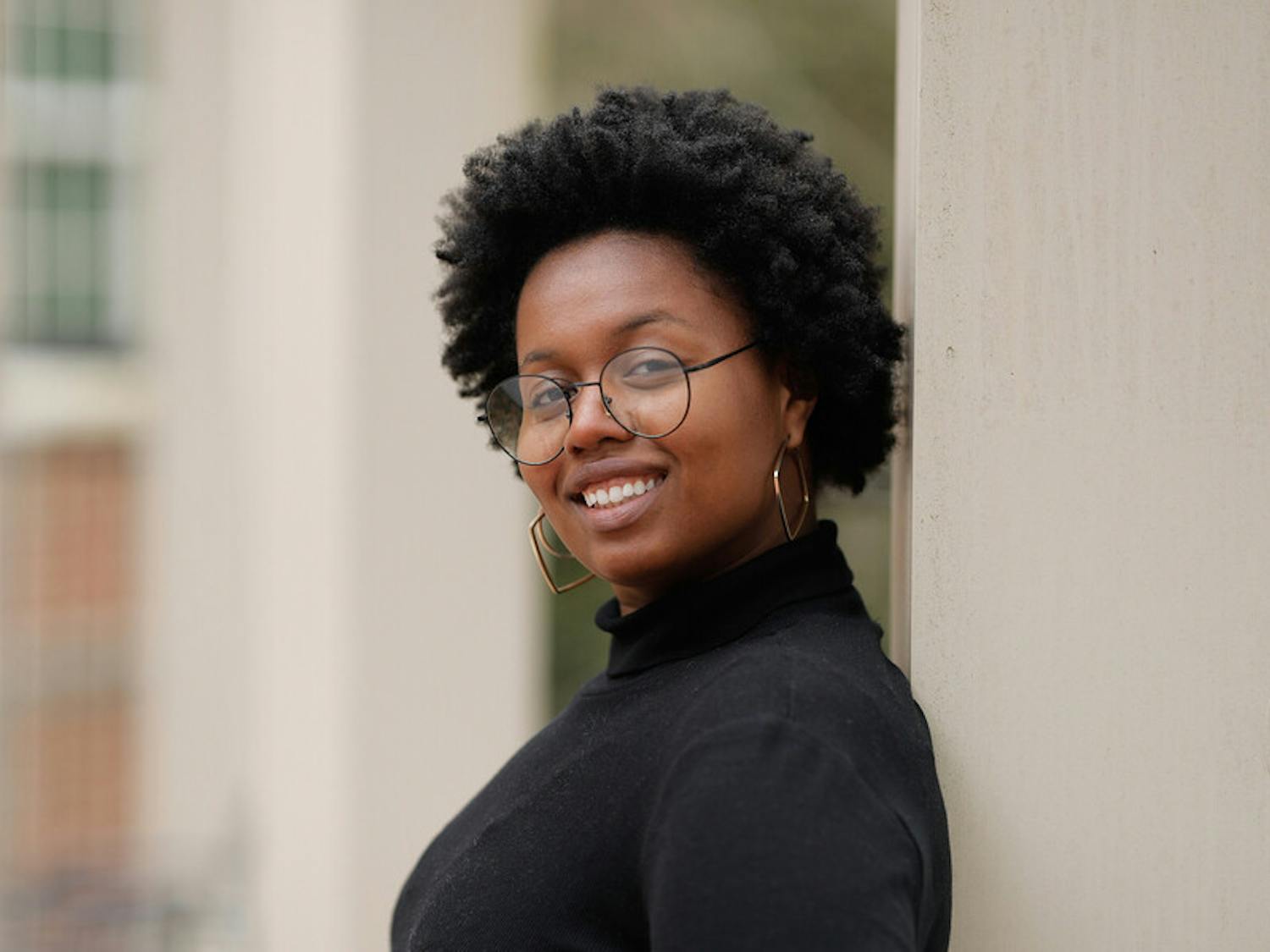Marc Lo, the inaugural director of the Penn First Plus Office, knows what it's like to be a first generation, low-income student. Now leading the office, which was created to improve the experiences of FGLI students, Lo plans to lean on his personal experiences to bolster Penn's FGLI initiatives.
Lo assumed the position on Jan. 1 after Penn announced his hire in November 2018. The founding of the Penn First Plus Office in May 2018, referred to as P1P, came on the heels of the news that a record-high one in seven students admitted to the Class of 2022 identify as the first in their family to attend college.
Lo said he empathizes with FGLI students because he faced challenges paying for college as an undergraduate student at Northeastern University. He mentioned how popularized terms, such as “FGLI” and “highly-aided,” were unfamiliar to him during his undergraduate years. That changed when he decided to pursue a master's degree in higher education at New York University.
“It wasn’t until a class on diversity in higher education that I learned that I was considered [FGLI] by Northeastern,” Lo said. “That experience was pretty eye-opening — I had one idea of where I sat on the socioeconomic spectrum, but other folks thought I was someplace else.”
His main objective as the first executive director of Penn First Plus is to tackle issues FGLI students face that are specific to Penn.
“We want to identify the barriers, bumps, and potholes on the journey to a Penn degree — where are our students struggling?" Lo said.
Lo said financial concerns will be central to the office's objectives, but added that he wants to focus on Penn's culture and how that impacts the FGLI experience.
“What we need to talk about as a community is the role that our culture plays in making our students — including FGLI students — feel as though they are playing catch-up or need to compete,” Lo said. “Places like Penn have a strong achievement orientation, and that can lead to unfair expectations around academic performance and what success looks or feels like — the Penn Face.”
RELATED:
Penn appoints Marc Lo to lead Penn First Plus, an office for first-gen. low-income students
Students say FGLI textbook library needs more staff and resources
Inside the challenges of navigating OCR at Penn as a first-gen, low-income student

The Greenfield Intercultural Center.
Before joining Penn's faculty, Lo was the assistant director for assessment and evaluation at the Sheridan Center for Teaching and Learning at Brown University.
“I was drawn to Penn by the uniqueness of the opportunity to work at the intersections of academic and student life in support of FGLI students, as well as the enthusiasm of the community for P1P’s mission,” Lo said. “I’m excited to build something new and innovate in partnership with students, faculty, and staff."
Penn First, a student organization for FGLI students on campus, said it is working with Lo to determine how the office can improve the experiences of FGLI students.
“As of now, we are working with Dr. Lo to determine the best way that Penn First and Penn First Plus can both serve the FGLI community as the office establishes its presence on campus," the Penn First board wrote in an email to The Daily Pennsylvanian. "Of course, the end goal is to create an office that offers the space and resources that will allow FGLI students to succeed to their fullest potential."
In the past, students have highlighted issues with Career Services, such as how on-campus recruitment and unpaid internships affect students who identify as FGLI. Students have also recently indicated a need for more resources in the Greenfield Intercultural Center's textbook-lending library.
This semester, Lo wants to strengthen partnerships with other university offices — including the Vice Provost for University Life, Student Financial Services, Penn Libraries, and Penn Admissions — to develop new initiatives through the Penn First Plus Office.
Lo also noted how Penn has recently addressed financial concerns of FGLI students. He pointed to the increased socioeconomic diversity of students each year, as well as smaller initiatives such as the GIC library.
“In some senses, Penn is on par with or ahead of many of the institutions we consider our peers,” Lo said. “We can and should continue to learn from those institutions who have a strong history of serving a larger group of FGLI students."









